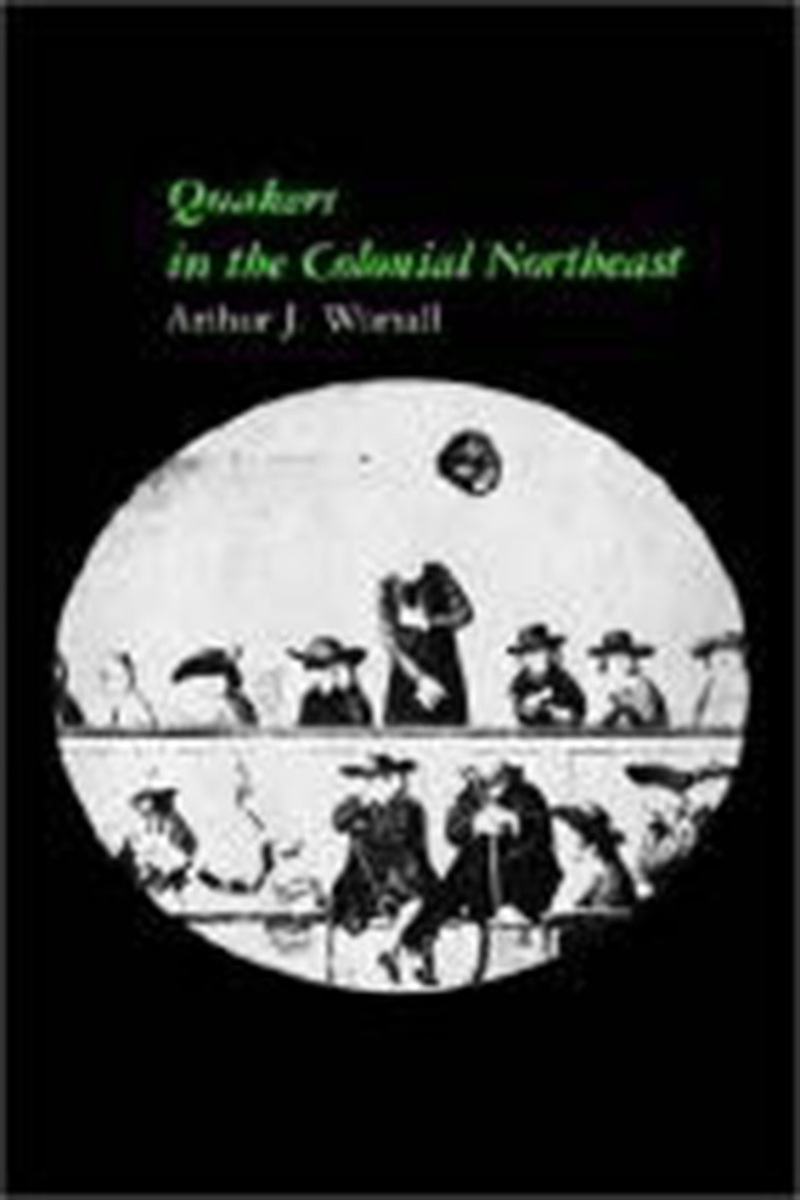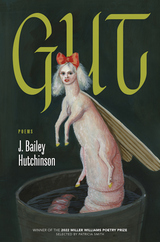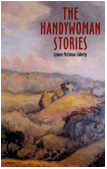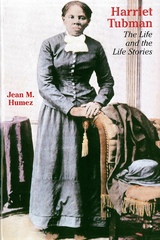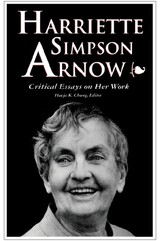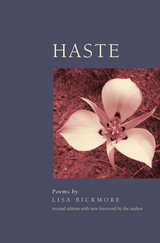Quakers in the Colonial Northeast
University Press of New England, 2002
Paper: 978-1-58465-260-1
See other books on: Colonial Northeast | Quakers | Religion
See other titles from University Press of New England
Paper: 978-1-58465-260-1
ABOUT THIS BOOK | AUTHOR BIOGRAPHY | REVIEWS
ABOUT THIS BOOK
This book traces the Quaker experience in New England and New York from the Arrival of the first English Quaker missionaries in 1646 to 1790. The first Friends faced considerable hostility, so much so that it took almost eighty years for Quakers and their antagonists to solve their differences. By then, Quakers had settled into a comfortable period of numerical increase, and, to the extent that colonies permitted, participated as individuals in colonial political life. During the early eighteenth century Quaker organizational and disciplinary structures derived from the late seventeenth century underwent gradual evolution, but not to the extent of altering the basically comfortable arrangement that served to promote the growth of Friends. After 1750, however, Quakers throughout the colonies entered a period of reform, a reform that led to a numerical decline in older centers and to a drastic reduction in numerical growth. Reform ultimately caused Friends to sharpen their positions on antislavery and pacifism and led to a withdrawal from political participation. Ultimately, it pointed the way to the disastrous nineteenth-century Quaker schisms.
See other books on: Colonial Northeast | Quakers | Religion
See other titles from University Press of New England
